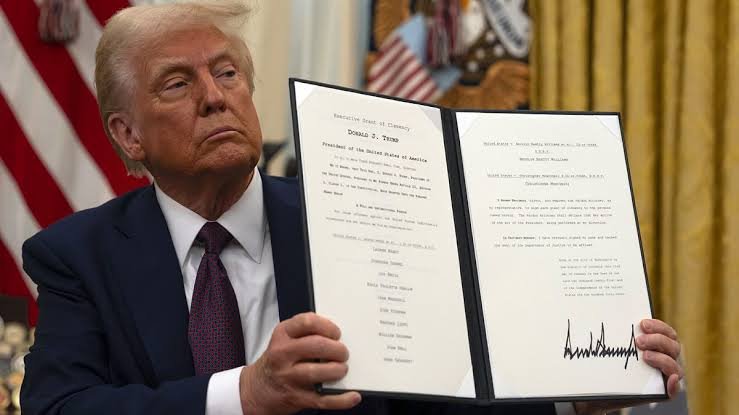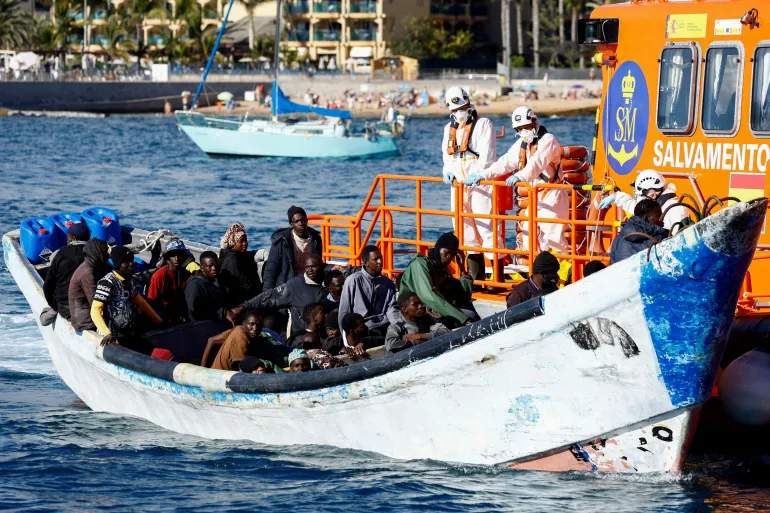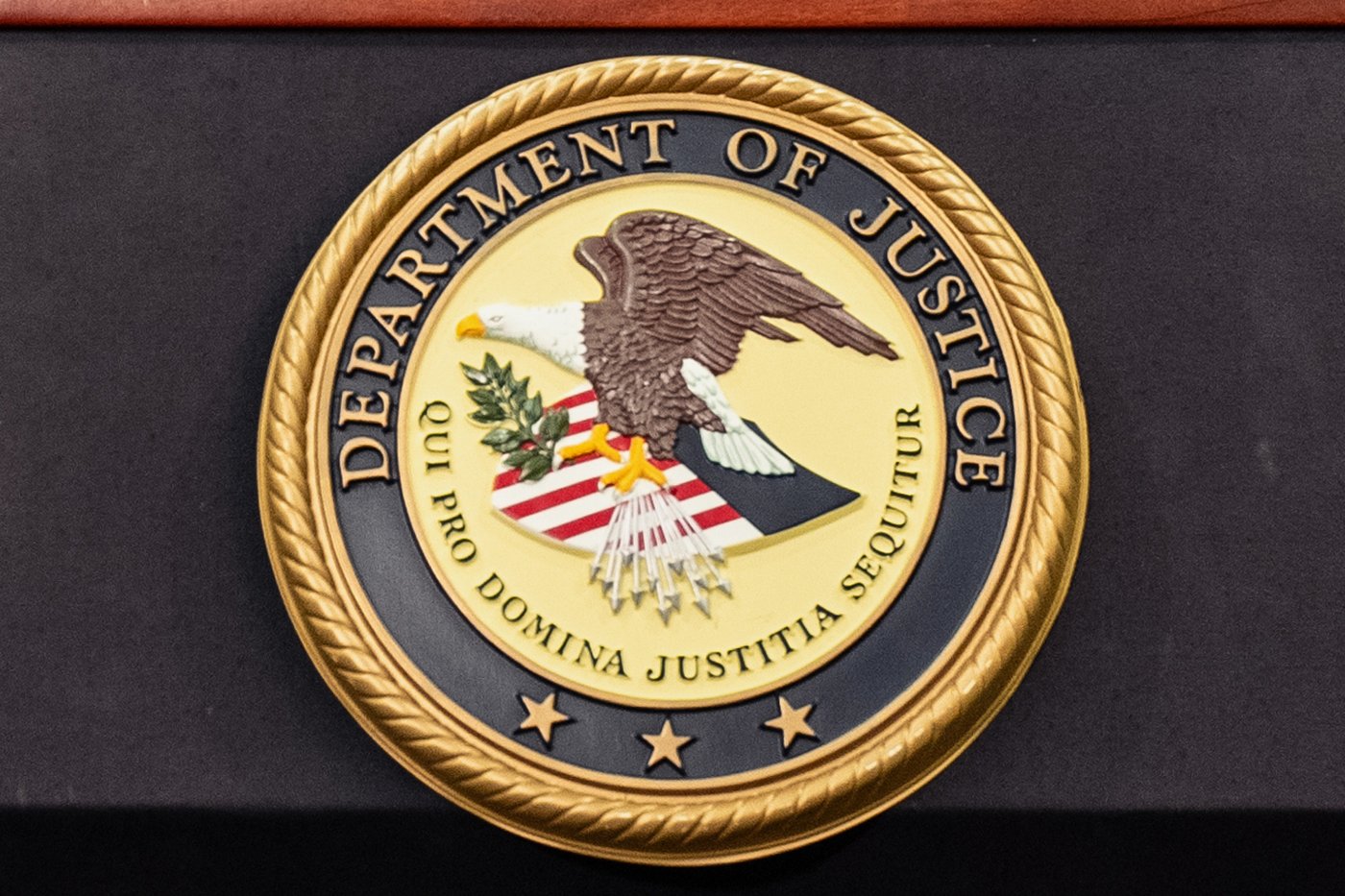Photo credit: Euro News
President Donald Trump has signed an executive order to end birthright citizenship in the United States. It has resulted into many several legal challenges and some anxiety among immigrant families.
But what is the situation in other parts of the world?
BBC reports that birthright citizenship is not the norm globally.
Only about 30 countries – mostly in the Americas – grant automatic citizenship to anyone born within their borders. Meanwhile, many countries in Asia, Europe, and parts of Africa practice the right of blood principle, where children inherit their nationality from their parents, regardless of their birthplace.
Other countries have a combination of both principles, also granting citizenship to children of permanent residents.
A sociology professor at the University of California, San Diego, John Skrentny believes that although birthright citizenship or jus soli is common throughout the Americas, “each nation-state had its own unique road to it.”
He said in the US, like in some other countries in the Americas, birthright citizenship was adopted to address the legal status of freed slaves. But Mr Skrentny says what almost all had in common was “building a nation-state from a former colony”.
“They had to be strategic about whom to include and whom to exclude, and how to make the nation-state governable. For many, birthright citizenship, based on being born in the territory, made for their state-building goals.
“For some, it encouraged immigration from Europe, for others, it ensured that indigenous populations and former slaves, and their children, would be included as full members, and not left stateless. It was a particular strategy for a particular time, and that time may have passed.”
In recent years, several countries have revised their citizenship laws, tightening or revoking birthright citizenship due to concerns over immigration national identity, and so-called “birth tourism” where people visit a country to give birth.
India once granted automatic citizenship to anyone born on its soil. But over time, concerns over illegal immigration, particularly from Bangladesh, led to restrictions.
Many African nations followed jus soli under colonial-era legal systems but later abandoned it after gaining independence. Today, most require at least one parent to be a citizen or a permanent resident.
Citizenship is more restrictive in most Asian countries where it is primarily determined by descent, as seen in nations like China, Malaysia, and Singapore.
Europe has also seen significant changes. Ireland was the last country in the region to allow unrestricted jus soli.
In the Dominican Republic, a 2010 constitutional amendment redefined citizenship to exclude children of undocumented migrants. A 2013 Supreme Court ruling made this retroactive to 1929, stripping tens of thousands of their Dominican nationality. This resulted in a public outcry, as a result, the Dominican Republic passed a law in 2014 that established a system to grant citizenship to Dominican-born children of immigrants.







